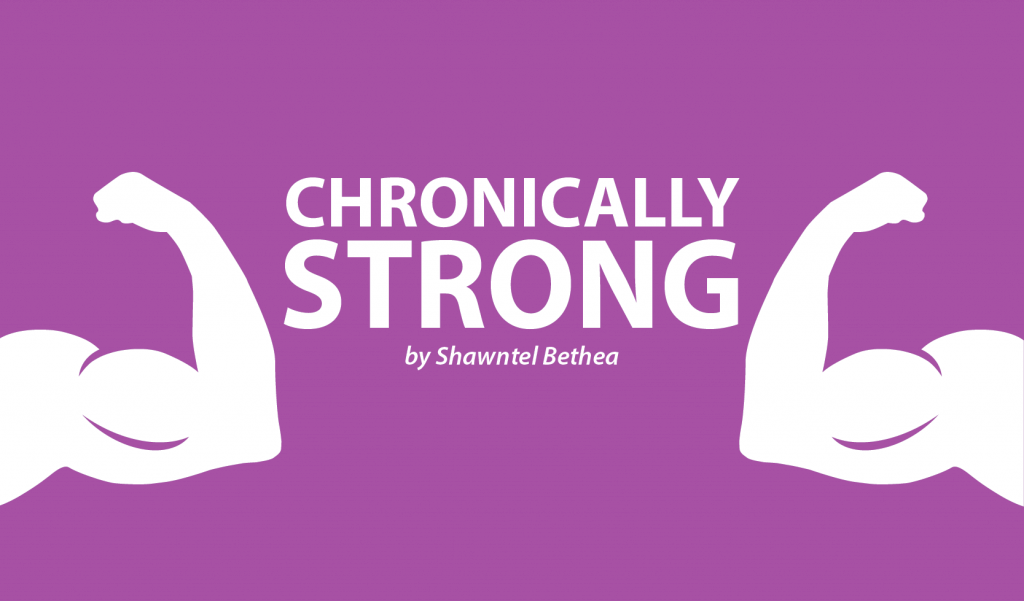
Growing up, I was always taught to “look on the bright side” and not to complain about things I cannot change. These are concepts I tend to live by to this day. I’ve been through so much with my IBD; most days I don’t even complain anymore. I’ve learned to adjust to my “new normal” life with a J-pouch and appreciate how far I’ve come. At times, when I tell my story, people look at me in disbelief. How could someone possibly go through everything you’ve been through and live to tell it? Looking back on my IBD struggles, I realize how right others are to think that. So instead of dwelling on small things in life that I don’t like, I try to remain positive.
Even with my upbeat spirit and positive attitude, there are some things about my condition that still bother me to this day.
Four things about IBD that really bother me
- Lack of information: This can be taken many different ways, as it should be. I believe patients diagnosed with inflammatory bowel disease should be given more detailed information. I’ve made a lot of friends with IBD, and most of us seem to have similar diagnosis stories. When many of us were diagnosed, we were given a quick rundown of how IBD works. Patients and caregivers need more detailed information at the time of diagnosis and throughout care.
- Misconceptions: I talk with people daily about my condition; questions I am asked the most tend to involve what my stool is like or have I tried “insert diet or supplement here.” A lot of people don’t realize just how serious IBD really is. Inflammatory bowel disease is more than just a pooping disease, it’s so much more than just an upset stomach or frequent stomachaches ― as I’ve heard so many times before. I have a condition that is greatly misunderstood. However, I do my part by acknowledging that false information or misconceptions exist, sharing my story, and helping spread awareness.
- Lack of focus on mental health: Some friends and I have been discussing this particular topic for a while. I think healthcare providers, especially those who work with the IBD community, should focus more on the mental health of their patients. IBD is still very much an “invisible illness.” Most of our struggles don’t show on the outside; the same is true for mental illness. Although a patient may be physically prepared for surgery, infusions, corticosteroids, etc., how are they prepared mentally?
- Steroids: Yes, steroids get their very own section, that’s how much I hate them. At the time I was diagnosed, steroids were the only option presented to me. Patients should be presented with options and information on treatments. Every patient is different and should be treated as an equal partner, so they each can be confident in making healthcare decisions. I don’t like the influence steroids have on the IBD community, although I realize it can be necessary at times.
Are there certain things that bother you about living with IBD? What are they? Can you think of some ways to change or improve these issues? Let me know in the comments below!
***
Note: IBD News Today is strictly a news and information website about the disease. It does not provide medical advice, diagnosis, or treatment. This content is not intended to be a substitute for professional medical advice, diagnosis, or treatment. Always seek the advice of your physician or other qualified health provider with any questions you may have regarding a medical condition. Never disregard professional medical advice or delay in seeking it because of something you have read on this website. The opinions expressed in this column are not those of IBD News Today, or its parent company, BioNews Services, and are intended to spark discussion about issues pertaining to IBD.

My biggest frustration with Crohn’s is that I basically became the disease. Every family & friend I speak to the first thing they ask me is how I’m feeling & what new meds, herbs, or diet they heard about. After 20 years of the same conversation over, & over, & over again it’s made me withdrawal from life. I know people are concerned, but there is more to me than my disease. I have other interests, can we please talk about something else already.